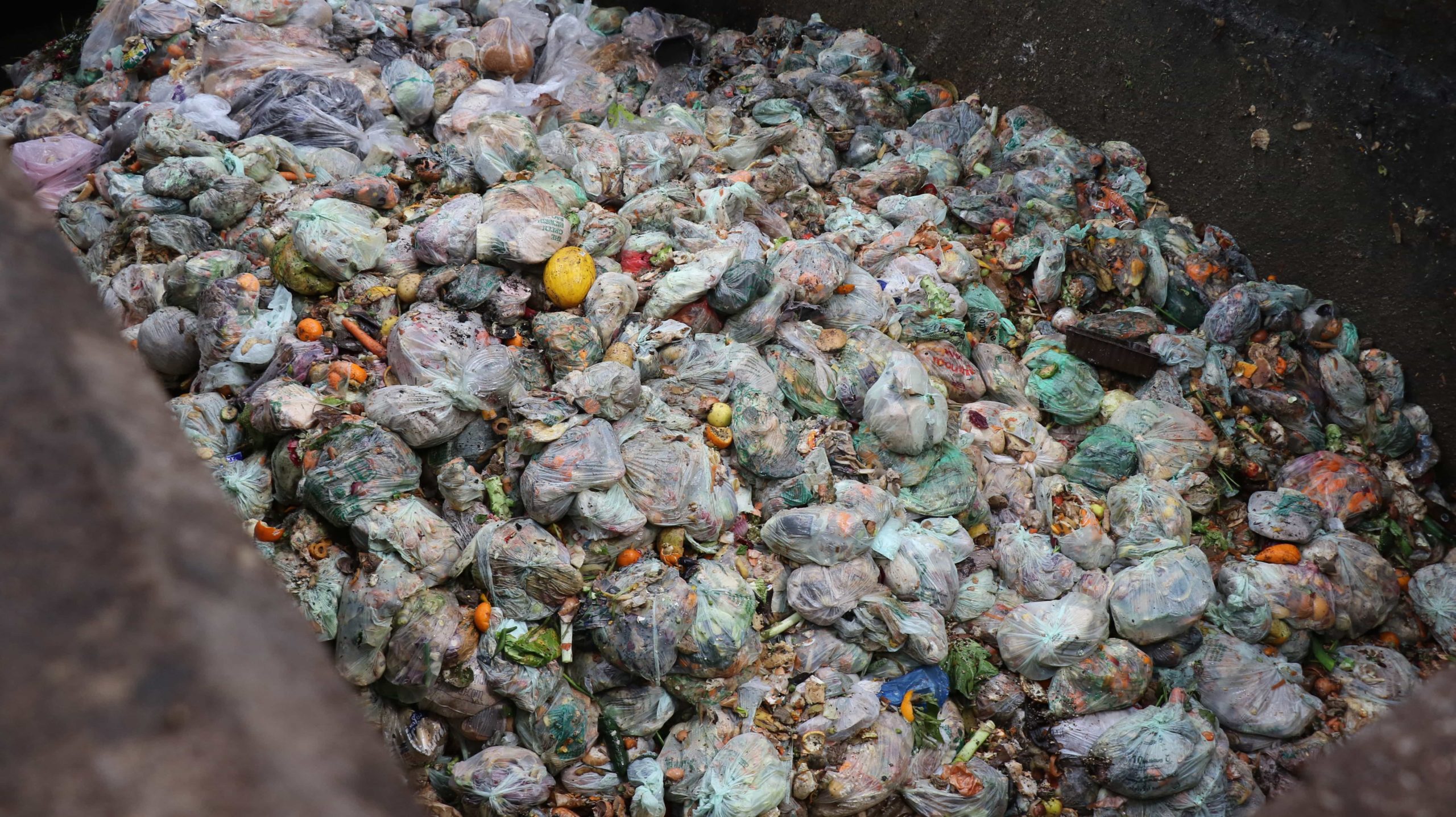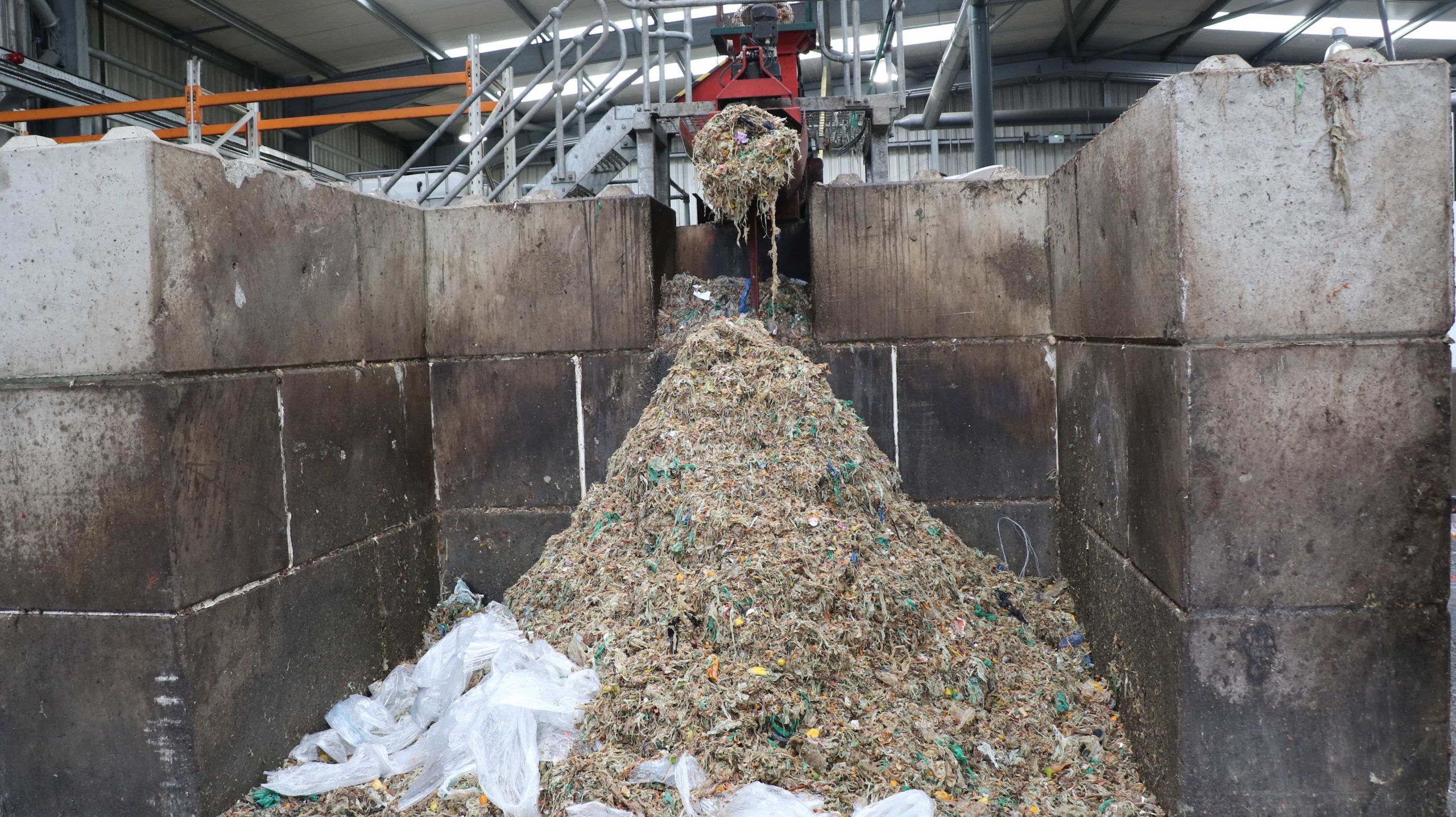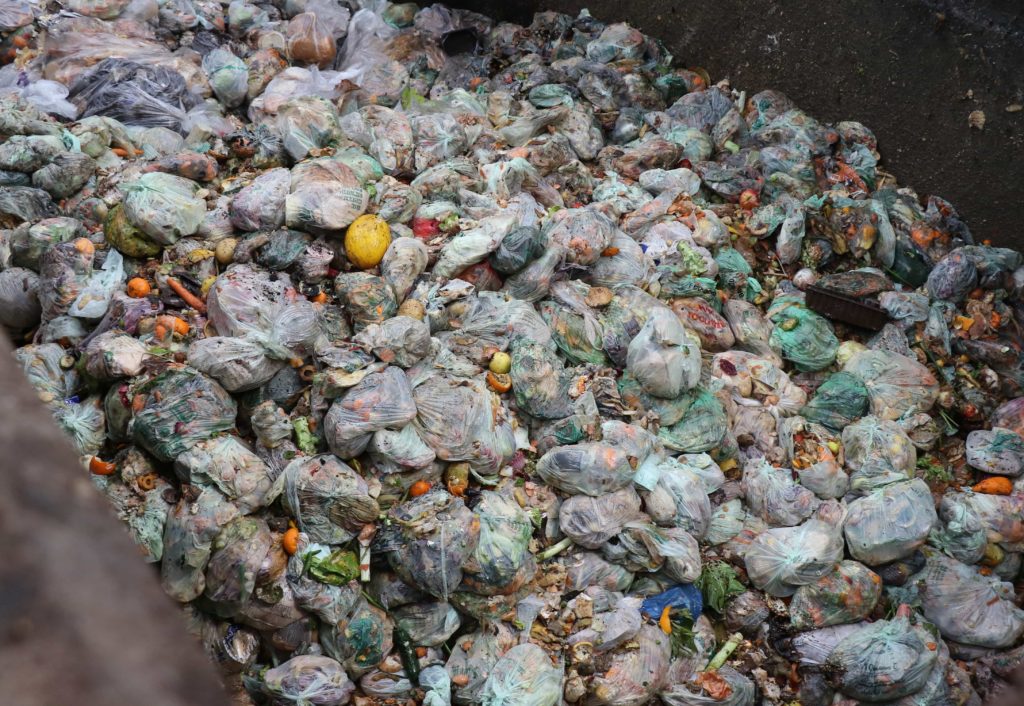This follows concerns raised over the potential effect that the carrier bag charge might have on how residents present their waste for collection.
Some have suggested that the public may be more reluctant to separate their food from general waste if they have fewer carrier bags available to hold the material, in light of the 5p carrier bag charge which was introduced in October, aimed at curbing carrier bag usage.
Experts in the AD industry have noted that the majority of authorities instruct residents to present food waste in compostable bags, but have said that councils could be flexible over how they allow residents to present the material, in order to maximise capture rates. Some households are given compostable liners free by councils while others advise householders to buy liners or to use newspapers to line the caddy. However, advice on buying rolls of plastic bags rather than compostable liners, which can be expensive, is not thought to be offered to the public.
Speaking to letsrecycle.com, Harry Waters, commercial director at food waste treatment firm Agrivert, said: “The carrier bag charge is unlikely to make a difference as most of the waste comes in the dedicated caddy bags.

“But, one thing we are keen to see happen is for some people to present their food waste in plastic bags as we have seen a strong correlation between the use of plastic bags and capture rate. We want it to be as easy as possible for people to participate.”
‘Confusion’
Many local authorities contacted by letsrecycle.com have said that they will only collect food waste if it is presented by householders in compostable bags.
A spokesperson for Ealing council said that it will not collect food waste presented in plastic bags and residents are required to use compostable liners, which are available to buy from supermarkets.
Similarly, Oxfordshire council requires food to be presented in caddy liners which conform to the EN 13432 compostability standard, and the council has told residents that food in plastic bags will not be collected.
“Cost is a key driver in this provision, so offering the flexibility to remove either type of liner is an important aspect of service offering.”
Charlie Flounders, head of feedstock
Tamar Energy
As a result, “single-use carrier bags are not commonly used in household’s food waste recycling bins and liners are generally composed of either compostable or biodegradable materials or plastic,” said Charlie Flounders, head of feedstock, Tamar Energy.
Many councils choose not to collect plastic carrier bags despite the fact that AD plants are designed to deal with the removal of both degradable and plastic liners.
Ms Flounders added: “Removal of all plastic is vital to the quality of the nutrient-rich biofertiliser produced at the end of the AD process. We use different de-packaging technologies across our food waste AD plants, all of which separate the organic waste from food packaging and other contamination before the material enters the anaerobic digestion phase.”
Technology
Similar views were expressed by Iain Pickles, local authority manager at Biogen, who said that his company’s plants, which accept food waste from local authorities including Ealing council, are equipped with advanced technology that is able to process waste in a range of packaging types, including plastic bags.
Mark Terrell, senior sector manager, Suez, said that AD plants normally shred the material and screen out any plastics.
Therefore, it is suggested that allowing residents to present food waste in plastic bags would have no effect on AD operation and could make a significant improvement to the volume of waste captured, as plastic bags are considerably cheaper than compostable ones.
Miss Flounders added: “Cost is a key driver in this provision, so offering the flexibility to remove either type of liner is an important aspect of service offering.”
Free liners
AD operators have also expressed a desire to see councils offer a free caddy liner service, to encourage residents to take part in the service. Through its Food Waste Recycling Action Plan, resources charity WRAP is leading a steering group that brings together industry stakeholders and local authorities to find ways that maximise food waste recycling.
A WRAP spokesperson said: “Through our research, we know that when householders are provided with free caddy liners, this can make a significant improvement to the volume of waste captured.”
Charlotte Morton, chief executive of the Anaerobic Digestion & Bioresources Association (ADBA) commented that many councils do not offer free bags due to the cost impact and so AD operators need to be flexible.

“That said, evidence clearly demonstrates that providing free caddy liners drives up recycling rates, allowing more food waste resource to be captured, while conversely a lack of free liners can create odour and sanitary concerns that deter householder participation,” she added.
While some argue that the cost of a free liner service is too high, Mr Pickles from Biogen stated that, “the cost of supplying the bags will be more than off-set by the landfill disposal savings.”
Currently roughly 7 million tonnes of food waste is sent to landfill, with only 10% captured and recycled in the UK, a figure which the AD sector is keen to see rise.
Ms Morton concluded: “Defra must now follow Wales, Scotland and Northern Ireland and harmonise food waste collection services in England and ensure this valuable resource is diverted to AD, which extracts the greatest benefit from inedible food.”













Subscribe for free